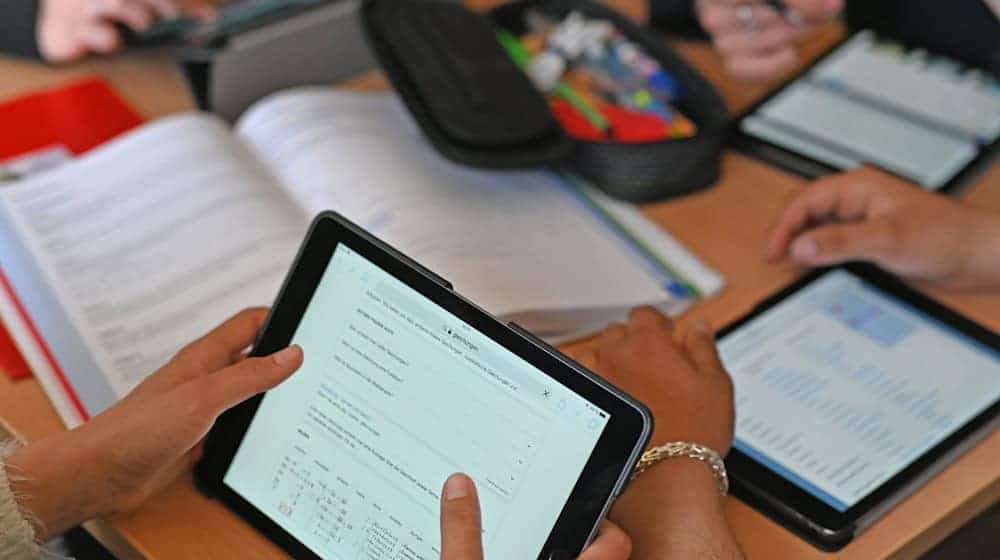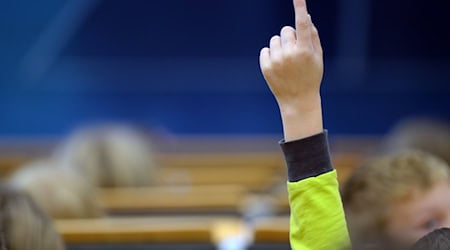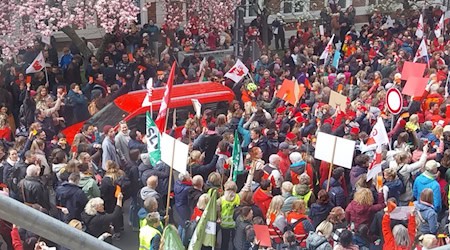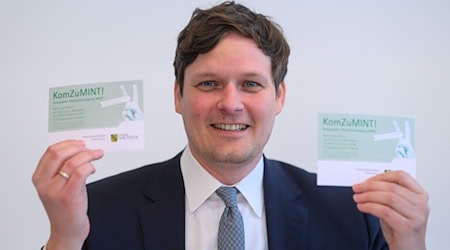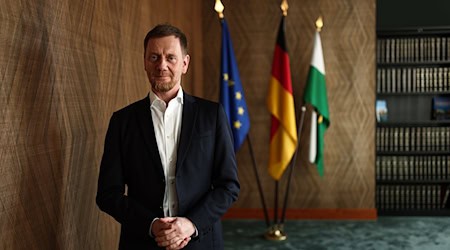More than a dozen young people studying to become teachers immersed themselves in practice as student assistants in May and June. At two secondary schools in Lusatia, the 14 students turned lost teaching hours into learning hours as part of a TU Dresden model project to combat teacher shortages in eastern Saxony. During the semester-long internship, they helped children in Zittau and Görlitz "learn to learn", said project manager Anke Langner, Professor at the TU Faculty of Education, to the German Press Agency. The schools and local authorities provide accommodation and cover travel costs. "The response has been incredible."
According to Langner, the results of the first pilot phase are positive and the project will be continued after the fall vacations at the latest. According to the announcement, the TU and the Ministry of Education and Cultural Affairs will support it financially from the coming school year, and the Ministry of Science will also support it in the future. Langner said that more than 60 student learning guides will then work together in small groups at at least five schools on Fridays to gain experience in their future profession. Recruitment is currently underway, with ten from the first pilot phase continuing.
Head of government impressed by project
Prime Minister Michael Kretschmer (CDU) praised the young people's early entry into the school world. "Teaching is not a profession but a vocation, it is not a job but a task," he said. They have a special responsibility and are crucial for the quality of education. Increasing teacher training "is a feat of strength, but not a question of money", but of the people who practise the teaching profession.
The east of the Free State, along with the Erzgebirge, is one of the areas severely affected by the teacher shortage. According to the Ministry of Education, only 89.4 percent of teaching staff were available at secondary schools in the last school year - 2.9 percentage points less than the state average.
Concept tested in one of many school trials nationwide
The model for Langner's new project, which also responds to a request from students for early practice, is the Dresden University School model she developed, which is considered promising nationwide. New forms of teaching and learning have been tested there with academic support since 2019. The concept combines classic reform approaches from Montessori and Freinet pedagogy as well as Jenaplan. Student teachers gain practical experience in the cross-age groups as assistants to the learning guides - as the teachers there are called.
Even in the pilot project schools, they do not teach, but support children in independent learning or in the learning process, said Langner. They are each responsible for a maximum of seven children, practise reading comprehension or English with them and can exchange ideas with fellow students. In addition, retired specialist teachers help - for example in mathematics.
Copyright 2024, dpa (www.dpa.de). All rights reserved

